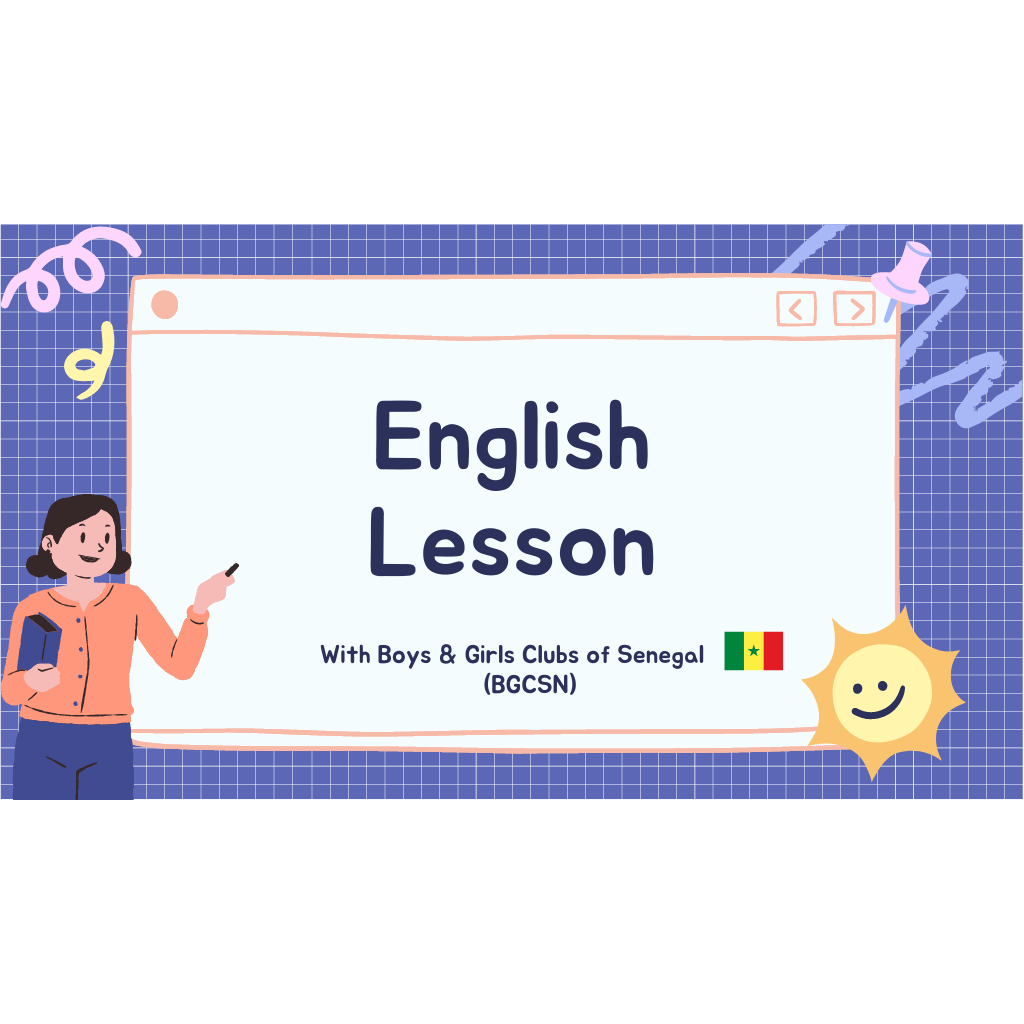Unlock the power of suffixes and unlock the door to a bigger vocabulary! Suffixes are an easy and effective way to add interesting new words to your vocabulary and expand your range of expression. Whether you’re writing a report, summarizing an event, or just having a conversation, adding suffixes to your words will help you communicate your ideas more clearly. Give it a try and become a master of suffixes today! Improve Your Vocabulary With Suffixes
Expanding your vocabulary is a crucial step in becoming fluent in the English language. One effective strategy to achieve this is by learning and understanding suffixes. Suffixes are letters or groups of letters that are added to the end of a word, changing its meaning or function. By mastering suffixes, you can enhance your vocabulary and communicate more effectively. In this article, we will explore how to use suffixes to improve your English vocabulary.
Firstly, it’s important to know that there are various types of suffixes. Some of the most common ones include -able, -ful, -er, -ist, and -ize. By recognizing these suffixes, you will be able to deduce the meaning of many words and expand your vocabulary effortlessly.
Let’s start with the suffix -able, which means “capable of” or “able to be.” For example, adding -able to the word “predict” creates the word “predictable,” meaning that something can be anticipated or foreseen. By understanding this suffix, you can quickly grasp the meaning of other words like “teachable,” “comfortable,” or “manageable.”
Another common suffix is -ful, meaning “full of” or “characterized by.” For instance, the suffix -ful can be added to the word “joy” to form “joyful,” signifying a feeling full of happiness or delight. Similarly, by knowing this suffix, you can interpret words like “beautiful,” “grateful,” or “playful” with ease.
Moving on, the suffix -er is used to indicate a person or thing that performs a certain action. For example, adding -er to the verb ”teach” creates the noun “teacher,” referring to someone who instructs others. With this suffix, you can understand the meaning of words like “writer,” ”singer,” or ”reader.”
Moreover, the suffix -ist denotes a person who practices or believes in something. For instance, by adding -ist to the word “guitar,” we get “guitarist,” referring to a person skilled in playing the guitar. By recognizing this suffix, you can decipher words like “pianist,” “scientist,” or “artist” more easily.
Lastly, the suffix -ize is used to create verbs from nouns or adjectives. For example, adding -ize to the adjective “modern” produces the verb “modernize,” meaning to bring up to date or make more contemporary. Mastering this suffix will help you understand other words such as “apologize,” “realize,” or “prioritize.”
To effectively learn and remember suffixes, it is recommended to practice using them in sentences. Create your own examples and try to incorporate these new words into your everyday conversations. Additionally, reading books and articles in English will expose you to a wide variety of words with suffixes. Take note of unfamiliar words and their meanings, and gradually incorporate them into your vocabulary.
In conclusion, mastering suffixes is an excellent way to improve your English vocabulary. By learning common suffixes such as -able, -ful, -er, -ist, and -ize, you can effortlessly understand and learn new words. Practice using these suffixes, read extensively, and be consistent in your learning. With time and effort, your vocabulary will expand, enabling you to communicate more effectively in English.
Are you ready to unlock the power of suffixes and start expanding your vocabulary? The greater your knowledge of language, the better you can communicate with people and the world around you. So start now and unlock your true power of language!
